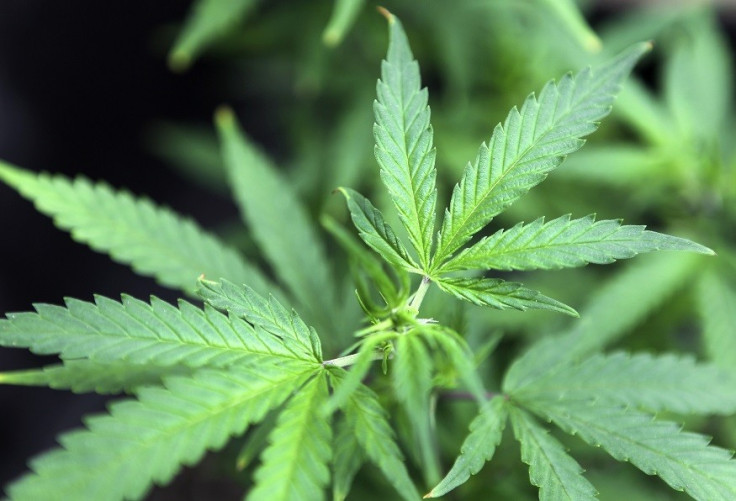First Woman in UK Dies From Smoking Marijuana: What is Cannabis Poisoning?

A mother-of-three is the first woman in the UK who is believed to have died from cannabis poisoning.
Gemma Moss, from Bournemouth, Dorset, collapsed in bed after smoking a cannabis cigarette. An investigation revealed Moss had moderate to high levels of cannabis in her body as a result.
It is understood she might have suffered a cardiac arrest after smoking the class B drug, as none of her vital organs showed anything wrong. A coroner noted cannabis toxicity and cannabis abuse as the cause of death.
Moss, a 31-year-old devout Christian, had used the drug frequently but stopped two years ago. She had recently started again to help her sleep, when she became depressed and anxious after breaking up with her boyfriend.
Dr Kudair Hussein, a pathologist, told the inquest in Bournemouth: "I looked through literature and it's well known that cannabis is of very low toxicity. But there are reports which say cannabis can be considered as a cause of death because it can induce a cardiac arrest."
Deaths as a direct result of cannabis are extremely unusual, with the first recorded death from the drug recorded just a decade ago. In 2004, an enquiry into the death of Lee Maisley, from Pembrokshire, revealed poisoning from marijuana as the cause.
Cannabis poisoning can occur in many forms, in which using the drug has directly resulted in an impairment in physical or mental health. The effects of the drug are caused by chemical compounds it contains, including tetrahydrocannabinol, commonly known as THC. It has both psychological and physiological effects on the body.

Using the drug has one minor toxic effect, in which the heart and vascular system are affected. However, the increase in heart rate and a lowering of blood pressure can lead to significant problems including cardiac arrest. It is known patients with angina or other cardiovascular disease are at particular risk.
There is growing evidence that people with serious mental illness, including depression and psychosis, are more likely to use cannabis or have used it for long periods of time in the past. Regular use of the drug has appeared to double the risk of developing a psychotic episode or long-term schizophrenia, particularly in those with a genetic vulnerability.
As reported by the Royal College of Psychiatrists, a study following 1600 Australian school-children revealed those who used cannabis regularly were five times more likely to develop depression and anxiety in later life.
Similarly, it was found that an individual was four times more likely to develop schizophrenia if they started smoking cannabis before the age of 15.
Other causes of death have been related to marijuana use, yet are not directly linked to cannabis poisoning. Fatal accidents, such as car crashes, have been linked to cannabis as it can impair psychomotor performances.
In the UK, the government listed five deaths from cannabis between 1993 and 1995, yet an investigation revealed the deaths had been due to inhalation of vomit.
There are, however, arguments that cannabis has medical benefits. It is a muscle-relaxant which is believed to help multiple sclerosis patients, by helping to subside the neurological effects and muscle spasms. Marijuana is also said to help relieve sickness and nausea in stages of cancer and AIDS.
© Copyright IBTimes 2025. All rights reserved.





















